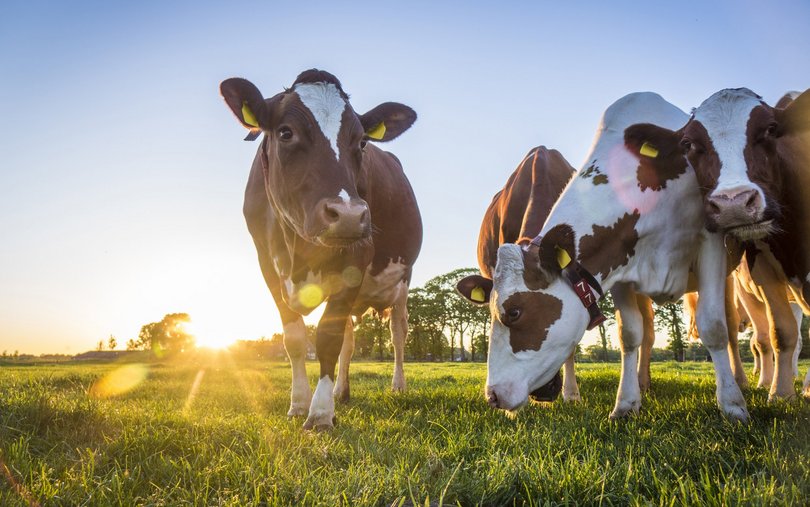In the current situation of increasing gas shortages and exploding mineral fertiliser prices, biogas production as well as optimal fertilisation with liquid manure and biogas digestate are once again becoming the focus of attention. At the same time, with climate change advancing at an ever faster pace, the emissions associated with farm manure storage and spreading are to be reduced to a minimum.
The new manure treatment additive Eminex® has already shown in many trials and studies that it can almost completely eliminate methane, CO2 and nitrous oxide emissions during manure storage. This brought Eminex® to the attention of the Federal Agency for renewable raw materials (FNR), which initiated a 3-year research project. This is funded by the Federal Ministry of Food and Agriculture and is conducted in cooperation with the Leibniz Institute.
In the project, the complete life cycle of manure is considered and the resulting emissions are measured. Eminex® is not only supposed to reduce emissions during slurry storage. It will also be investigated whether the fertilised manure with Eminex® also leads to fewer emissions on the field or grassland.
In addition, it will be tested whether the biogas yield from the manure can be increased in the biogas plant through Eminex® treatment. If the manure emits less biogas, consisting of methane and CO2 ,before it is added to the biogas plant, the full potential can be exploited later in the biogas plant.
Eminex® brings many advantages
The aim is to increase the yield of biogas from the fermentation of livestock manure by developing a suitable application recommendation. Thus, domestic energy production from renewable sources could be improved and made more efficient. The research project shows that Eminex® can not only improve the CO2– footprint in agriculture, but also brings many other benefits. These include not only the improvement of manure and fertiliser properties, but also the increase of gas yield in biogas plants.




